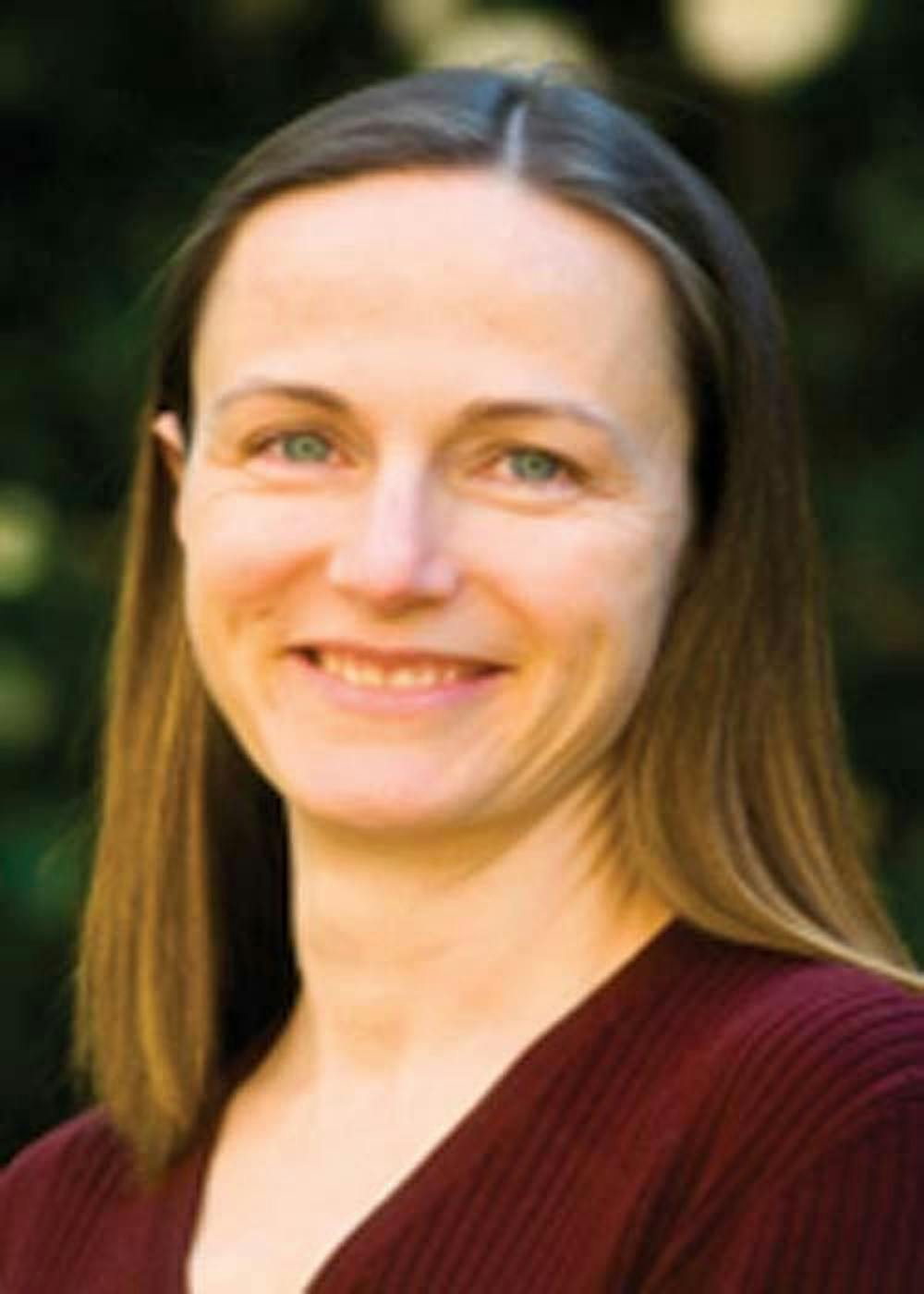Social work professor and students research Portland’s elderly LGBT community
Anissa Rogers, Social Work Professor (The Beacon)
By Philip Ellefson, Staff Writer -- ellefson15@up.edu
When senior Chanel Gardella heard a panel of elderly lesbian, gay, bisexual and transgender (LGBT) men and women telling their stories last spring, it hit her hard.
The panel members spoke about prejudice and discrimination they have faced throughout their lives. Some of these people have not been able to grieve in public over the loss of a loved one. Others have contemplated suicide.
The panel, which Social Work Professor Anissa Rogers invites to speak to her Human Sexuality class each semester, came from Gay and Grey, which is a program within Friendly House, a Portland social service organization. Gay and Grey's purpose is to provide resources and educate people about the elderly LGBT population.
"During the panel, at least 90 percent of the class was in tears," Gardella said. "That's what connected me to the research at first."
After seeing the panel, Gardella wrote a paper on Gay and Grey for Rogers' class, and Rogers asked her, along with junior Mary Worlein and senior Lissy Richards, to help with a larger research project.
The goal of the research was to evaluate the panel's effectiveness in educating and training the people they speak to, from college classes to health care professionals. Starting last summer, Rogers recorded and analyzed evaluations from participants who listened to the panel speak.
Rogers found that the speakers on Gay and Grey's panel are effective in increasing awareness and empathy for the aging LGBT population. Gardella and Worlein presented these findings at the Baccalaureate Program Directors conference over spring break. At this conference, social work professors and students presented research papers and projects such as the one Rogers and her students conducted.
Rogers said the research is important because the elderly LGBT population is often marginalized due to a lack of awareness.
"They talk about being twice-hidden," Rogers said. "They get discriminated against because they're older, and they are discriminated against because they're LGBT. Listening to stories is pretty eye-opening, just realizing how much discrimination people still face."
Worlein agrees that the older LGBT population often goes unrecognized, and she wants to bring them into the public eye.
"In Portland, there's a very strong youth LGBT community," Worlein said. "I think it's really awesome that now people are realizing that there are these people who have stories of living a life of oppression, and we should be bringing them to the light."
Although the research was an academic experience, Worlein said it was also emotionally moving for those working on the project.
"As academics, it's really easy to get steeped in the literature," Worlein said. "But to hear about who they're serving, to see how passionate these people were was really inspiring, and it made the project that much more real."
Rogers agreed that working with the people from Gay and Grey was powerful.
"It's really heart wrenching listening to the things they've had to go through," Rogers said.
The students thought working with Rogers on extra-curricular research helped them develop as students and as people.
"I think it's something we most often do for a class, so it's just an obligation," Gardella said. "It was really nice to do something on my own time."
Worlein thinks more undergraduate students should engage in research with their professors.
"All students should be doing this, doing something that can make an impact," Worlein said. "It's been a really great part of my time at UP."
But the research is reaching beyond UP and the LGBT community in Portland.
"When we did the evaluations of the training, the director of Gay and Gray took that information to Washington, D.C. and presented it," Rogers said. "Lots of people from other states were asking about it. So we're making a difference."








